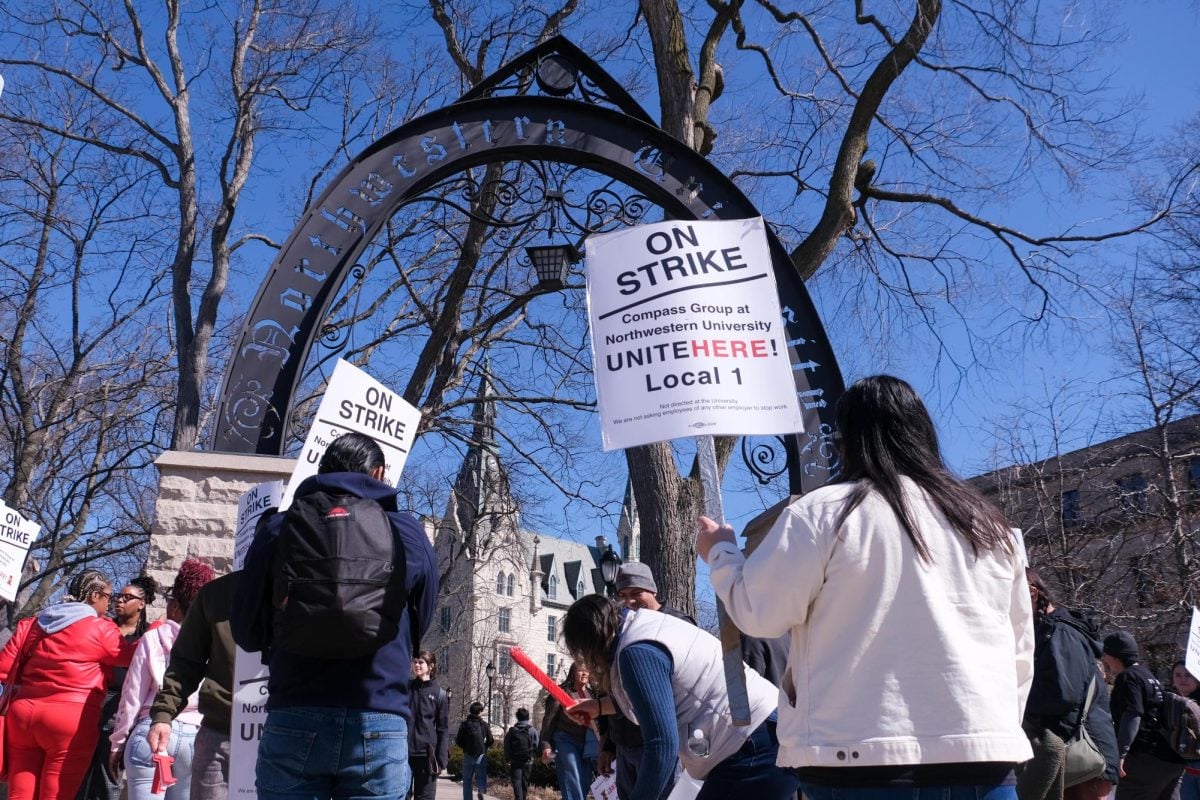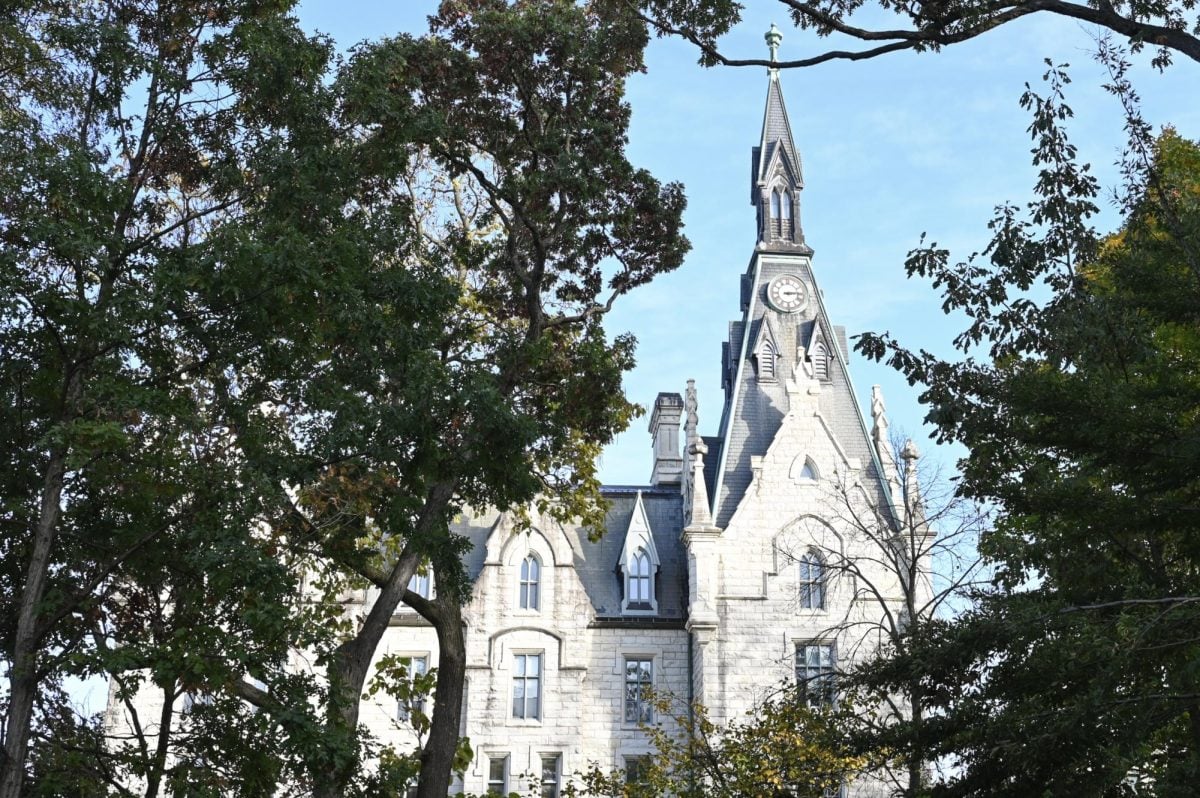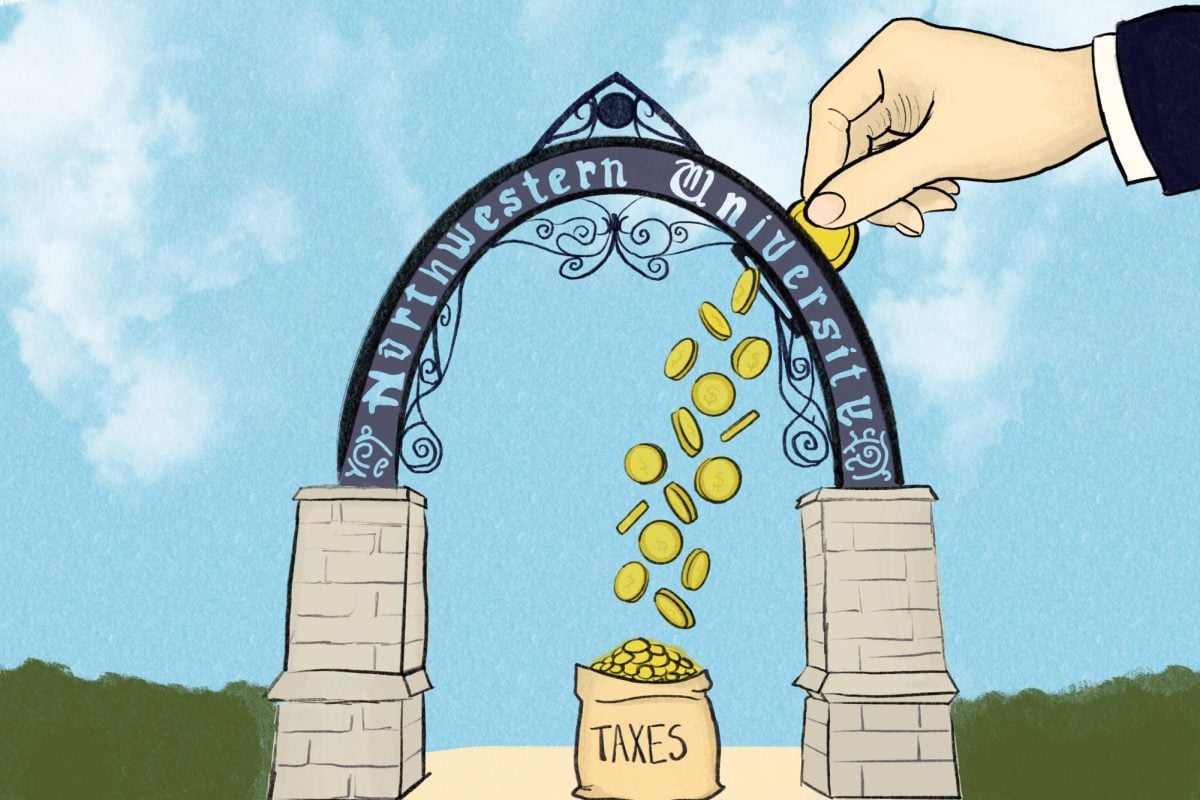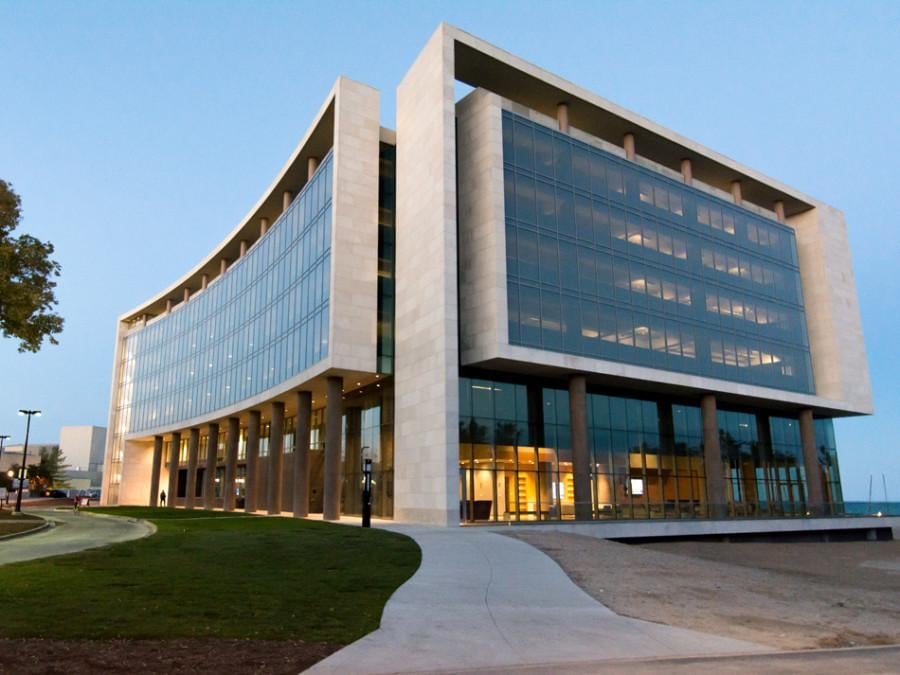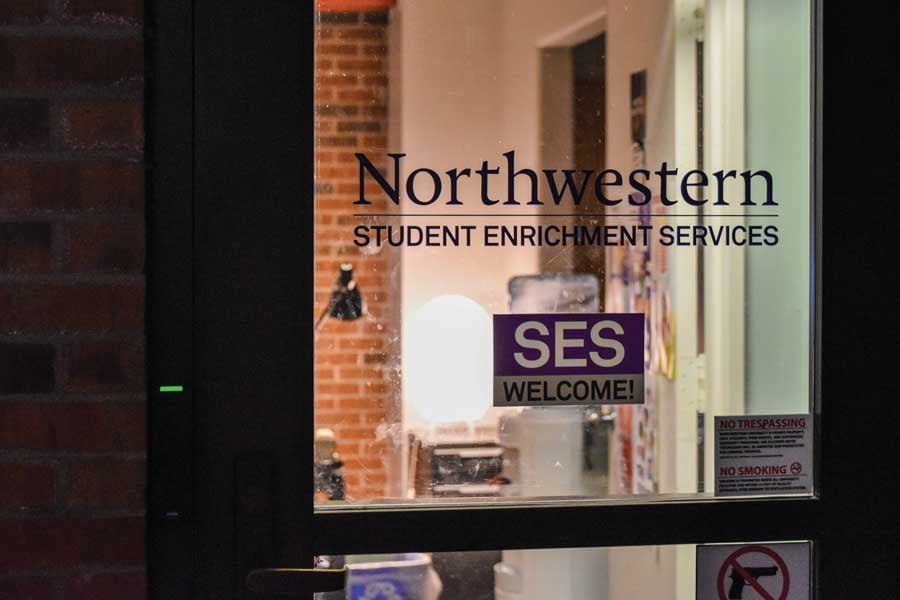Adithya Upadhya, a third-year math Ph.D. candidate, said he chose to pursue a math degree because he couldn’t see himself doing anything else.
The Bengaluru, India, native said he was drawn to Northwestern because of the faculty in the math department. Upadhya added that when he started the program, his initial impression was that he would likely have access to at least six years of funding to complete his Ph.D.
This, however, is no longer the case.
Graduate students in the Weinberg College of Arts and Sciences start with five years of guaranteed funding. After these five years, students have the opportunity to apply for Advanced Student Quarter funding, an internal fellowship in Weinberg, to continue their research.
In May, University administrators announced that ASQ funding would be cut, leaving several graduate students without a source of income to continue their research and dissertations.
The University’s announcement came after many fellowship application deadlines had passed, forcing students to scramble to find funding, said NU Graduate Workers President Emma Kennedy, a seventh-year art history Ph.D. candidate.
Upadhya, whose focus is in probability and statistical mechanics, emphasized that the funding cuts mean students have 16% less time to complete their work. Students won’t be able to publish as much work, which is often something employers in academia look for, he said.
“Now there is more pressure to have to finish in five (years), which means potentially hurried work,” Upadhya said. “I think the more you know, the more you’re aware of, the better your work is.”
Kennedy called the University’s decision to cut ASQ funding a “sudden unilateral decision.”
NUGW held a rally in May to call for fair funding. Kennedy said the union also used its grievance procedure, which includes a written submission and discussion with University administrators, to successfully restore funding for some students over the summer.
University funding is especially important for international students, Kennedy said, because it allows them to prove their student status in order to keep their visas. This funding also serves as evidence that international students can pay for their living expenses, a requirement for renewing a student visa.
Kennedy said the majority of international students in NUGW are looking for other sources of funding, but she knows one student who is choosing to leave the U.S. once their visa expires.
“I know a couple of them have really been having this crisis like, ‘Do I try and get this funding from the University, or do I just accept that my visa is going to expire, and I have to leave the country?’” she said. “It’s a real question of, ‘How much are we willing to fight this University that has basically shown that they don’t care about us?’”
A seventh-year international Ph.D. candidate, who asked to remain anonymous for fear of department retaliation, said his work was funded by a department-specific scholarship for six years of Ph.D work.
He said that in 2022, there was a proposal for students in his program to access ASQ funds if they needed more time to finish their research. After the ASQ funding cuts this year, he said he no longer has access to these funds.
“ASQ (was) supposed to be part of my rights as a student,” he said.
The graduate student said he had originally planned to finish his dissertation in June 2025, after completing his seventh year. Now, he is working to finish by December 2024 because his scholarship program extended his funding for one quarter at the last minute, he said.
He added that before his scholarship funding was extended, he was “extra anxious” because he did not receive any of the grants he applied for.
The graduate student said he is on track to finish writing his dissertation by December and will begin postdoctoral research in his home country in January. He added that after this quarter, his family, including his two children, will move back to their home country.
“Because of this change of timeline, I have to go back this December. (My kids) have to stop their school,” he said. “That’s the thing that I regret, because they have abruptly stopped their school in the middle of the year.”
Upadhya said more people are staying in Ph.D. programs longer because the job market is competitive and students have to accomplish more to get the jobs they want.
He said the University is acting like this trend doesn’t exist, instead viewing graduate students as “expendable resources” despite several departments depending on graduate students to be teaching assistants.
“It’s insane to me that a university with this much resources cannot think ahead and decide that, ‘Okay, maybe this is actually going to be pretty harmful to a lot of grad students that we need, that we promised them they could stay, that are a fundamental resource for us,’ and just screw them over,” he said.
Kennedy stressed that the “fight” for a long-term solution must continue to ensure all students have access to adequate funding on time.
Upadhya, who still has three years of guaranteed funding left, said he is planning ahead to try to finish his research without running into funding issues.
“It is in the back of my mind in the sense that I will not have as much time as I should, so I need to focus on some things and not get to do as much as I would like,” he said.
Email: anaviprakash2027@u.northwestern.edu
X: @anavi_52
Related Stories:
— NU Graduate Workers petition to restore funding for Ph.D. student
— Open Letter: Northwestern, pay your advanced graduate workers!


